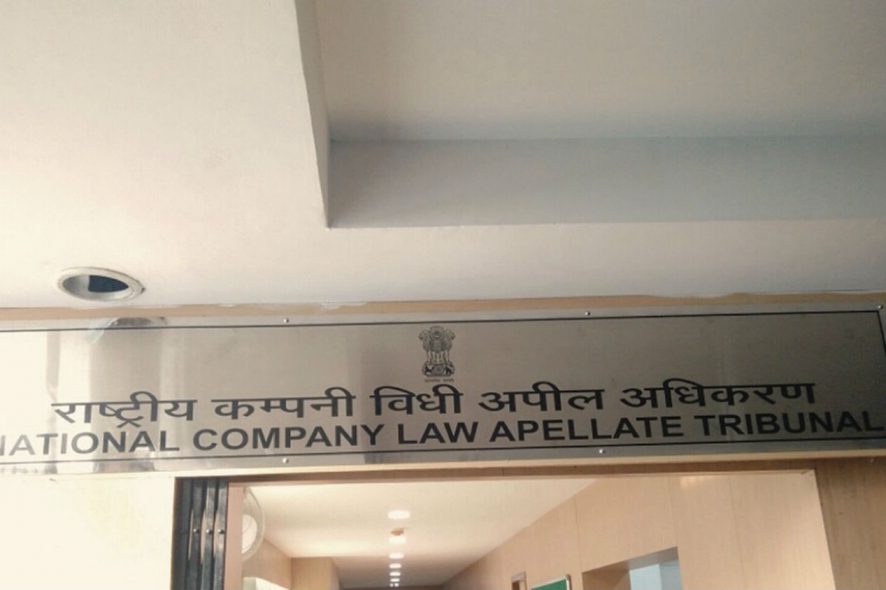National Company Appellate Tribunal (NCLAT): Justice Bansi Lal Bhat (Judicial), V.P. Singh (Technical) and Shreesha Merla (Technical) held that an ex-employee of the ‘Financial Creditor’ having rendered services in the past, should not be permitted to act as ‘Interim Resolution Professional’ at the instance of such ‘Financial Creditor’, regard being had to the nature of duties to be performed by the ‘Interim Resolution Professional’ and the ‘Resolution Professional’.
Background of the case:
The appellant- ‘State Bank of India’- is the ‘Financial Creditor’ has filed an appeal against the NCLT’s cognizance of the objection raised by the ‘Corporate Debtor’- ‘Metenere Limited’- regarding the proposed ‘Interim Resolution Professional’- Mr. Shailesh Verma whose employment under SBI for 39 years created an apprehension of bias, since Mr. Shailesh Verma was unlikely to act fairly and could not be expected to act as an Independent Umpire. The question that arose before the court was whether an ex-employee of one of the parties is qualified to act in the position of ‘Interim Resolution Professional’.
Decision
- In the current appeal, the tribunal has laid emphasis on the current relationship between IRP and the Financial Creditor, where the former derives a pension from the latter. The Tribunal finds the IRP qualified to be an ‘Interim Resolution Professional’ in his personal capacity but the fact that the Appellant restricted its choice to propose him as IRP shows regard to past loyalty and the long services rendered by him. Further, the filing of instant appeal by ‘Financial Creditor’ shows their dismay at the IRP being asked to be substituted by the impugned order.
- The relevant statutory provision which the bench looked into for qualification of the IRP is Regulation 3 (1) of the Insolvency and Bankruptcy Board of India, Company Appeal (AT) (Insolvency) No. 76 of 2020 (Insolvency Resolution Process for Corporate Persons) Regulations, 2016, which reads as under: “(1) An insolvency professional shall be eligible to be appointed as a resolution professional for a corporate insolvency resolution process of a corporate debtor if he, and all partners and directors of the insolvency professional entity of which he is a partner or director, are independent of the corporate debtor.”
- The likelihood of bias has been measured via the case of Ranjit Thakur v. Union of India, (1987) 4 SCC 611, in which the Supreme court said: “As to the tests of the likelihood of bias what is relevant is the reasonableness of the apprehension in that regard in the mind of the party. The proper approach for the judge is not to look at his own mind and ask himself, however, honestly, “Am I Biased?”; but to look at the mind of the party before him”. The committee finally upholds the impugned order, by saying the Appellant- ‘Financial Creditor’ should not have been aggrieved of the impugned order as the same did not cause any prejudice to it.
[SBI v. Metenere Ltd., Company Appeal (AT) (Insolvency) No. 76 of 2020, decided on 22-05-2020]







